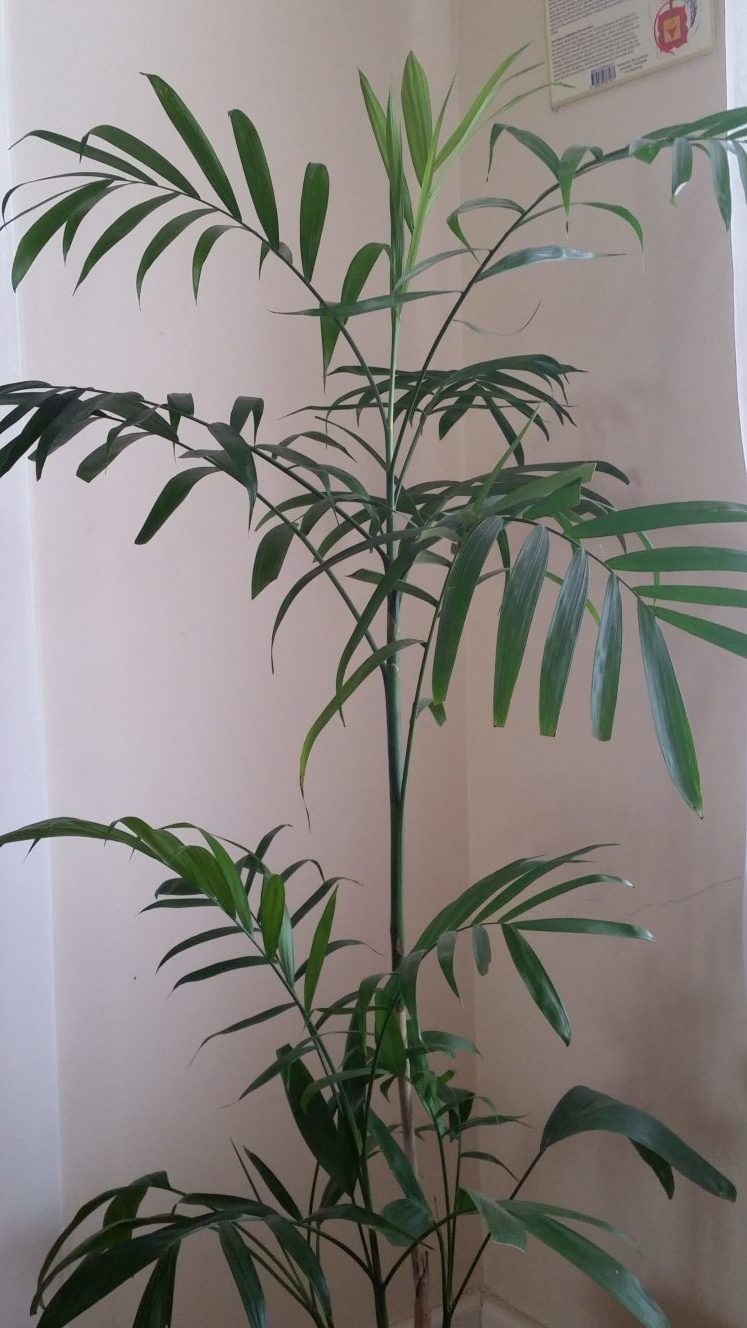For as long as I can remember, my family has told stories of itself. They are stories passed from generation to generation that sound entirely like amusements, but that are actually deeper lessons.
Like my dad’s grandfather, who grew the best roses in the district. His secret? Swearing at them. He proclaimed that his roses grew so beautifully because they wanted to impress him; he would swear at them every single day, so the story goes, and they would grow their best to try and out-do him.
My mother’s grandparents were also extremely talented gardeners and artists, in both music and visual art. From my own grandmother, I learned how to tell the forthcoming weather from the clouds and the moon; and how to predict earthquakes from the sea.
Rhymes from my own parents include weather-predicting rhymes, like:
Wind from the east
Means rain for a week
And while you can grow up with things like this, if you ignore them, then you are literally ignoring the folk knowledge of your culture.
It’s common for people in towns and cities to laugh at old folks’ claims about how the weather affects plants and animals and the ocean. Their laughter shows their disconnection from their environment more than anything else.
Many people proclaim the benefits of talking to (with) plants. Or playing music with plants. In the ’70s, a horticulturalist talked about the impact of talking to plants and playing music to them. Dr George Washington Carver, a renowned American herbalist, proclaimed that any plant will give up its secrets to you if you love it enough. An American botanist known as ‘the wizard of horticulture’, Luther Burbank, would talk to his plants and create a safe, loving space for them, resulting in astonishing things, like cacti dropping their thorns.
Modern researchers, like Dr Monica Gagliano, also see plants as sentient, having repeatedly demonstrated that they hear, think, learn, and communicate.
The studies are fascinating, undeniably. They lend some credence to what our mothers and fathers over generations have been telling us. In our 21st century, science-dominant, spiritually absent framework, you can more easily dismiss your family’s stories until you have the science to ‘prove’ them correct.
This is why people scoff at my predicting earthquakes. Until they see that I’m right, every single time. Or who just won’t accept that certain moon positions or cloud patterns are harbingers of wind, or rain, or drought.
I’m a structured enough person that I find the science of things to be a sexy, shining validation. But I don’t let it stop me from my own knowing. Yes, I meditate with plants; yes, I’ll give them reiki; yes, I’ll communicate with them. I’ll accept what I learn from them. Then, if a study somewhere down the line validates it, then yippee. If not, who cares?
Much of your knowledge of the world and its beings comes to you through your family’s stories. It’s important that you listen to them, and at least try to understand them. You can assume that the “talking to plants thing” is a “carbon dioxide exchange” thing. You can assume that by talking to your plants you are simply spending enough time with them up-close to see when they are stressed or infected. And both of those things may be true. But your assumption may cause you to ignore another truth, which is that your plants listen to you and appreciate your attention, time, and engagement; that they are your friends and family as much as the people around you. That you can learn from them, if you know how to be still and to listen.
Folk stories have always been poo-pooed by ‘intelligent’ society. Yet the more I read, the older I get, the more I remember who I am, the more important these folk stories become.
What I’d like you to consider is what stories in your family have been told, that are amusing, but which may also hide hidden truths. I bet there is more than one.

